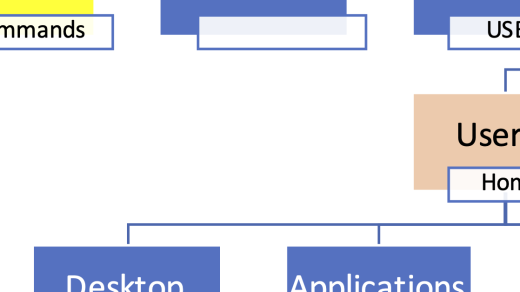Welcome to the world of Kubernetes administration! In this article, we will explore the exciting and demanding role of a Kubernetes Administrator. Dive into the details of this job and discover the skills, responsibilities, and challenges that come with being a master orchestrator of containerized applications.
The Role of a Kubernetes Administrator
A Kubernetes Administrator plays a crucial role in managing and maintaining a Kubernetes cluster. They are responsible for ensuring the smooth operation of the cluster, including deploying, scaling, and monitoring applications. They have a deep understanding of Kubernetes architecture and are proficient in troubleshooting and problem-solving. They possess knowledge of various tools and technologies such as Ansible, Nginx, and GitLab, which are essential for managing the cluster effectively.
A Kubernetes Administrator also ensures high availability and security by implementing encryption and Transport Layer Security (TLS). They work closely with DevOps teams to automate processes and ensure scalability.
Benefits and Perks of Being a Kubernetes Developer
Benefits and Perks:
– As a Kubernetes developer, you will have the opportunity to work with cutting-edge technology and be at the forefront of the DevOps revolution.
– Kubernetes is an open-source software framework that helps in the automation and management of containerized applications. By becoming a Kubernetes developer, you gain valuable knowledge and experience in this rapidly growing field.
– The demand for Kubernetes developers is high, which means there are ample job opportunities and competitive salaries available.
– Kubernetes developers often enjoy benefits such as 401(k) plans, life insurance, paid time off, and health insurance, making it a lucrative career choice.
– Additionally, companies often provide training and certification opportunities to further enhance your skills and credibility as a Kubernetes developer.
– Being a Kubernetes developer allows you to work on diverse projects, collaborate with cross-functional teams, and solve complex problems, providing a dynamic and fulfilling work experience.
– Kubernetes developers also benefit from the flexibility and scalability of the platform, as well as its high availability and encryption capabilities, ensuring the security and reliability of applications.
– Furthermore, Kubernetes developers have the opportunity to contribute to the open-source community and gain recognition for their work, while also being part of a diverse and inclusive tech industry that values equal opportunity and affirmative action.
Advancing Your Career in Kubernetes Administration
As a Kubernetes administrator, there are several steps you can take to advance your career. One important aspect is gaining expertise in Linux, as it forms the foundation of Kubernetes administration. Consider enrolling in Linux training courses to enhance your skills and knowledge.
In addition to Linux, it is also beneficial to familiarize yourself with other relevant tools and technologies such as Ansible, GitLab, Nginx, and Transport Layer Security. These tools are commonly used in Kubernetes administration and having proficiency in them will make you a more credible and capable professional.
To stand out in the field, consider obtaining certifications in Kubernetes administration. These certifications validate your understanding and expertise in managing Kubernetes clusters and can greatly enhance your job prospects.
Furthermore, staying updated with the latest developments in the industry is crucial. Keep an eye on emerging trends, attend conferences and webinars, and actively engage with the Kubernetes community. Continuous learning and staying informed will position you as a valuable asset to any organization.
Lastly, networking is key to advancing your career. Connect with professionals in the field, join relevant forums and communities, and participate in discussions. Building a strong professional network can lead to opportunities for career growth and development.



